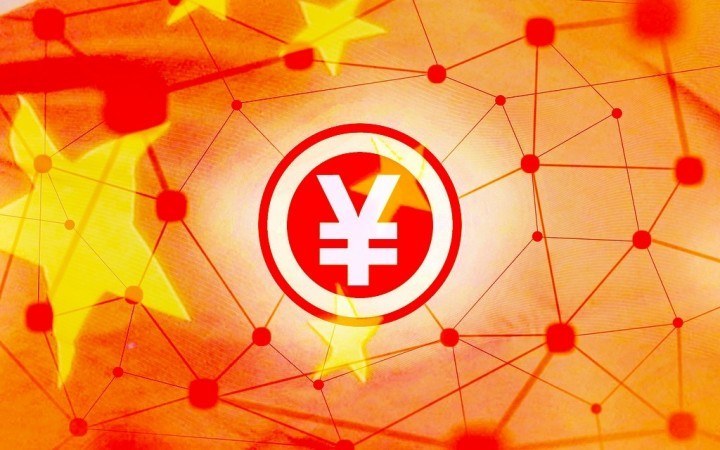
China is planning to release its own version of Bitcoin
By C.Custer for TechinAsia.com,
China’s government likes to make its own versions of new technology. For example, it has tried repeatedly to make its own version of a search engine and compete with Baidu, although none of its efforts caught on. It has been making its own computer operating system for years, although it co-opted a lot of foreign software to pull that off. And now, it’s going to be making its own version of bitcoin.
Yes, China’s Central Bank announced Wednesday at an event in Beijing that it is working to create its own self-distributed digital currency, and plans to release it as soon as possible. The bank believes that a digital currency would help cut the high costs of making and circulating paper money, increase the convenience and transparency of financial transactions, aid in the development of new financial infrastructure and payment systems, and reduce the ease of money laundering and tax evasion, among other things.
Don’t expect to be trading Chinacoin – or whatever they decide to call it – anytime soon, though. The Central Bank has instructed the People’s Bank of China to push forward the development of a Central-Bank-distributed digital currency by laying out a strategy, solving the key technical issues, and researching potential applications. The Central Bank has had a team researching digital currencies since 2014, but it sounds like they’re still quite a long way out from having a nationally-deployable digital currency.
China’s digital currency will not be a cryptocurrency.
It’s also an interesting time for China to be getting into digital currency. The value of Bitcoin, the most popular global digital currency, fell sharply just last week after influential developer Mike Hearn wrote that his “inescapable conclusion” is that Bitcoin has failed. Ironically, part of Bitcoin’s problem is China – Chinese Bitcoin miners behind the Great Firewall slow the transaction process down, making the entire system less efficient. But there are other reasons, too.
China’s digital currency will not be a cryptocurrency, of course. In many ways it’s likely to be the opposite of Bitcoin – extremely easy for authorities to track and monitor, and closely tied to established financial institutions. But it will likely share the many of same issues Bitcoin experienced when pushing for broader adoption. Chinese consumers are historically conservative about their savings, and dumping lots of money into a brand-new wholly-abstract digital currency could be a tough sell, even for China’s Central Bank.




